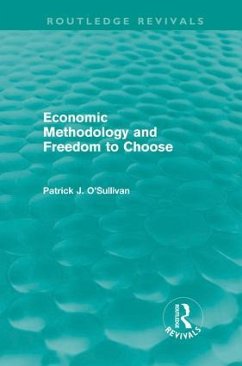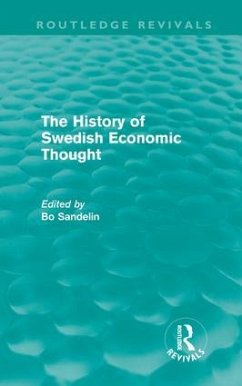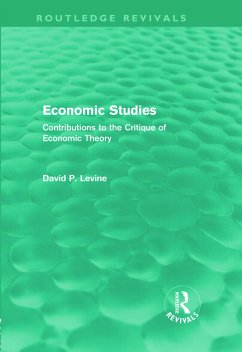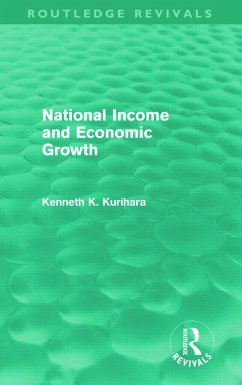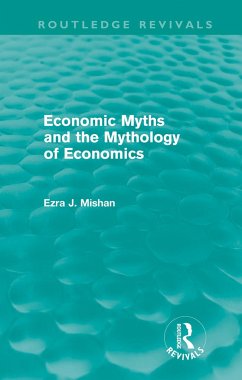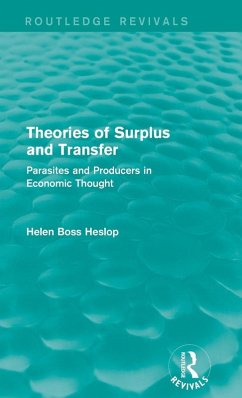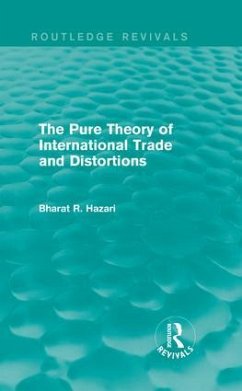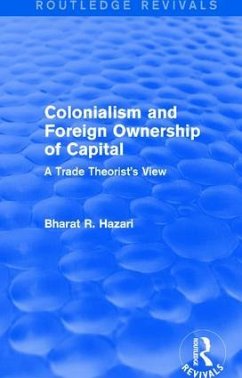
Economic Essays by David Ricardo (Routledge Revivals)
Versandkostenfrei!
Versandfertig in 1-2 Wochen
246,99 €
inkl. MwSt.

PAYBACK Punkte
123 °P sammeln!
David Ricardo (1772 - 1823) was a hugely influential British political economist and stock trader. This volume, first published in 1923, contains five important pamphlets published by him, edited and with an overarching introductory essay by E. C. K. Gonner. This is a fascinating and detailed work, which will be of great value to those with an interest in Ricardo's theories and British economic history.





